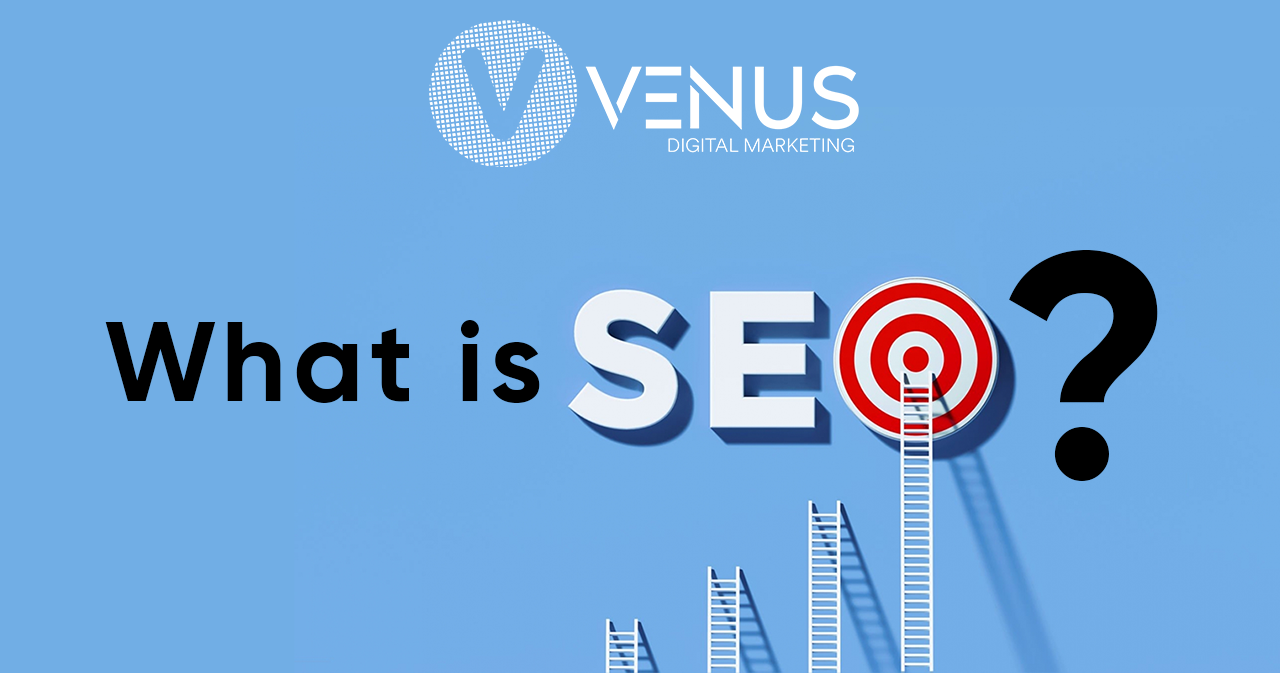What is SEO?
SEO stands for Search Engine Optimization, which is the process of optimizing a website to increase its visibility and ranking in search engine results pages (SERPs). The goal of SEO is to improve the website's relevance and authority so that it appears higher in search engine results when people search for keywords related to the website's content. By ranking higher in search results, a website can attract more organic traffic, which can lead to increased brand visibility, website traffic, and an increase in revenue.
- On-page SEO: Optimizing individual web pages for search engines by making changes to their content and structure.
- Off-page SEO: Building links from other websites to a client's website, in order to improve its authority and visibility in search results.
- Technical SEO: Improving a website's technical elements to make sure it is accessible, crawlable, and well-structured, and to ensure that it is properly indexed by search engines.
On-page SEO
On-page SEO refers to the optimization of individual web pages in search engine results pages (SERPs). On-page SEO includes various elements of a web page that can be optimized, including:
- Title tags: The title tag appears in the search engine results and provides a brief description of the page's content. It is important to include relevant keywords in the title tag and to make sure that it accurately reflects the content of the page.
- Meta descriptions: The meta description provides additional information about the page's content and can help to attract clicks from the search engine results. It is important to include relevant keywords in the meta description and to keep it concise and descriptive.
- Header tags: Header tags (H1, H2, H3, etc.) help to structure the content on a web page and can also be used to emphasize important keywords.
- URL structure: The URL structure of a web page should be simple and readable, and it should include relevant keywords.
- Content: The content on a web page should be high-quality, relevant, and optimized for keywords. It should also be well-written and easy to read.
- Images: Optimizing images for SEO can help to improve the page's overall relevance and increase its visibility in search results.
Off-page SEO
Off-page SEO refers to optimization techniques that are performed outside of the website in order to improve its ranking in search engine results pages.
Some examples of off-page SEO techniques include:
- Link building: Link building refers to the process of acquiring links from other websites that point to your website. The number and quality of links pointing to a website can have a significant impact on its search engine ranking.
- Social media marketing: Social media can be used to promote a website and its content, and to build links and social signals that can improve its ranking in search results.
- Content marketing: Creating high-quality, relevant, and engaging content can help to attract links and shares, which can improve a website's visibility and ranking in search results.
Technical SEO
- Crawling and indexing: Making sure that the website is crawlable and that its pages are properly indexed by search engines.
- Sitemaps and robots.txt: Sitemaps and robots.txt files can help to guide search engines in their crawling and indexing of a website.
- URL structure: The URL structure of a website should be simple, descriptive, and consistent, and it should include relevant keywords.
- Mobile optimization: With the increasing use of mobile devices to search the web, it is important to make sure that a website is optimized for mobile and that it provides a good user experience on mobile devices.
- Site speed: Site speed can impact the user experience and can also impact a website's ranking in search results, so it is important to make sure that a website loads quickly.
- HTTPS: A secure website that uses HTTPS can improve its ranking and visibility in search results, as well as its user experience.
The importance of SEO has grown tremendously in recent years.
SEO, in particular, assists consumers when time of need, and establishing strong, quality SEO on a brand's website and digital assets will benefit companies and their marketing efforts.

